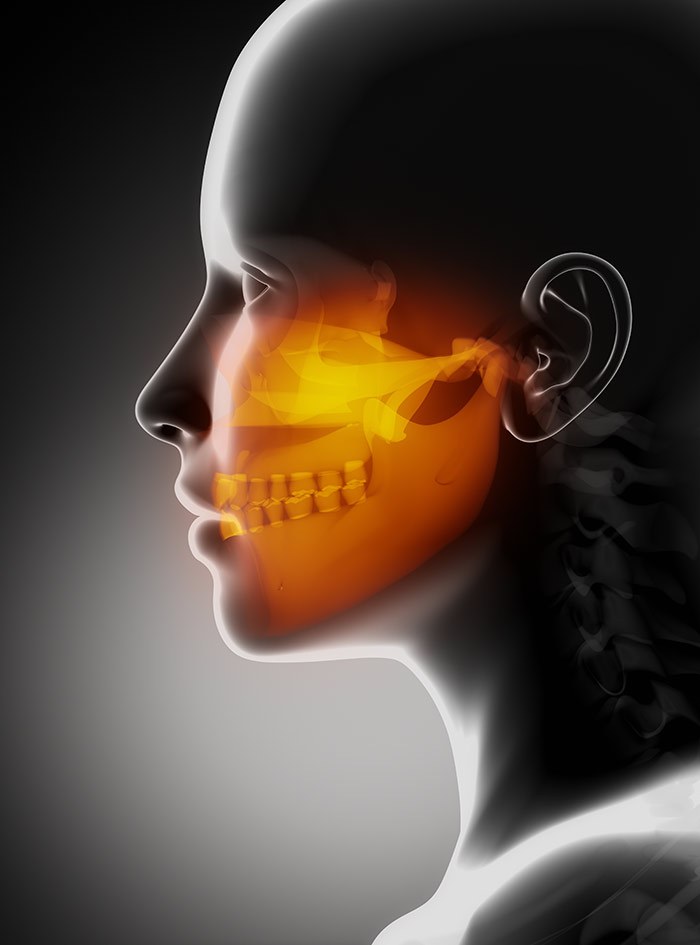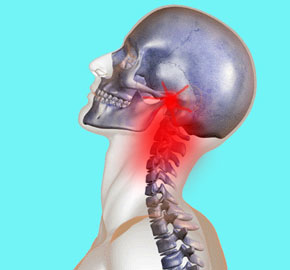TMD/TMJ Treatment
Do you experience frequent pain in and around the ear, headaches and neck aches? Or maybe your jaw is tender and the muscles of the jaw are sore? You may be suffering from Temporomandibular Disorder (TMD), a disorder of the joints and muscles and nerves around the jaw.
TMD/TMJ can result in a variety of symptoms. People may feel pain when chewing, or may feel certain soreness during certain times of the day. Others may actually have difficulty opening and closing their mouth. There may be a popping noise when the mouth is opened or closed.
The difficult part about TMD is that people aren’t sure where to go to have it treated. Should you go to a physical therapist, a joint or bone specialist, or whom? It turns out that a dentist may be the place to start.

So what causes TMJ?
Generally, it has to do with jaw alignment, bite or some kind of injury to the jaw. It is also common to have TMD because of arthritis. It is more common in women than men.
Treatment often involves realigning teeth that may be causing the pain. Also available are guards for the mouth that can modify the mechanics of the jaw, inducing relaxation and thereby relieving pain and other symptoms.
At Elite Smiles, we can guide you through the following steps of TMD/TMJ treatment.
- Night Guard
- Orthotics
- Snore Guard
- Sports Guard
- Occlusal Analysis
- Occlusal Adjustment
The jaw muscle is extremely strong. Tension in the jaw muscles can result in pain and complications elsewhere, including headaches.
The dentist isn’t the first medical professional that comes to mind when a person is dealing with consistent headaches, but a dentist can often provide the needed solutions. If you’re dealing with jaw pain and stiffness, or frequent headaches, come see Dr. Meden for a consultation.
Dental Injuries and TMJ
Car accidents, sports collisions, or simple falls can all cause injuries that lead to TMJ injury. Particularly in car accidents, where whiplash is common, dental injuries are sometimes ignored or not even considered. It is a wise thing to go see a dentist soon after a car accident. There may be chipped teeth, jaw damage, or other problems that need to be considered, especially where insurance is concerned.
When whiplash occurs, muscles in the lower jaw can experience large amounts of pressure. The jaw is pulled open, and additional pressure is placed on the sides of skull where the jaw attaches to the upper head. TMJ injury can cause a nagging pain that can significantly affect your life.
